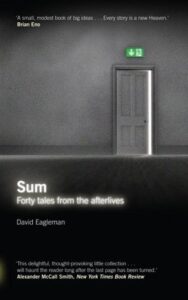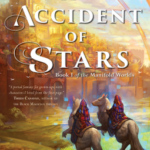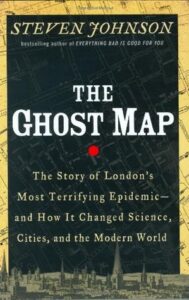Well, I’ve been too good to be true lately with my reasonably small hauls, so here’s a nice big one! Granted, this includes some books that were sent to my parents’ place over the last couple of months that I’ve only just picked up, but it’s still… well… a little unwieldy.
I’ll start off with the review copies and stuff from subscription boxes… although first you get a bunny picture because I’m away from my precious idiots. (Hulk update: this week she ate a rubber band. It has not yet reappeared. Breakfast update: he only needs meds in the morning now, and he’s very pleased by this.)

Review copies and subscription boxes:


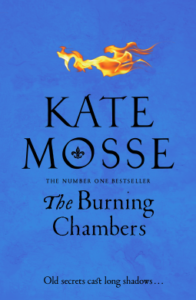


An odd mix, perhaps! Looking forward to some of these a lot, though. Fury from the Tomb in particular sounds like a lot of pulpy fun.
Books bought:
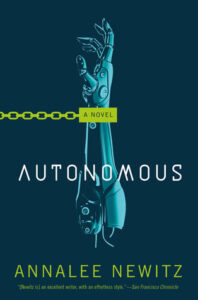

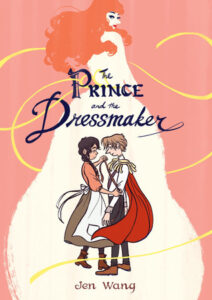
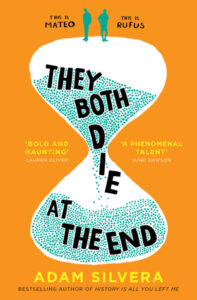
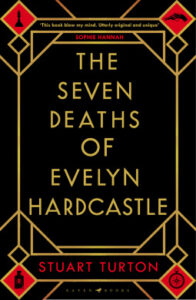







Again, quite the mixture, I know! I’ve been curious about the British Library Crime Classics for a while, and especially since reading Martin Edwards’ The Golden Age of Murder. I don’t expect to be blown away by most of them, but they’ll be entertaining and unlikely to be horribly traumatising (sorry, modern crime fiction lovers — Val McDermid and Tess Gerritsen’s works turn my stomach).
Read this week:



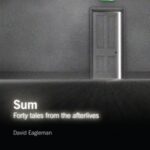
I haven’t read the most ever this week, but I did enjoy these books and read all of them in one or two sittings each! So that’s something.
Reviewed this week:
–Ironclads, by Adrian Tchaikovsky. Fairly good adventure story with an anxiety-making (or anxiety-reflecting, maybe) Brexity corporate background. I didn’t love it, but I found it entertaining. 3/5 stars
–A Borrowed Man, by Gene Wolfe. Fascinating background, but the execution is basically pretty typical noir. The more I think about it, the less I think of it. 3/5 stars
–Experiment Eleven, by Peter Pringle. This had much less about TB than I’d hoped, but it is a rather interesting examination of two scientists and their intellectual property battle over the antibiotic streptomycin. 3/5 stars
–Masquerade, by Laura Lam. Yaaaaas. Micah is awesome, the supporting characters continue to be awesome, and there’s an epic showdown. Only quibble is that some of the political aspects feel too easy. 4/5 stars
–Sum, by David Eagleman. Interesting collection of short stories based around a single theme. They got a bit repetitive, but there are some really good bits too. 3/5 stars
Other posts:
–WWW Wednesday: My usual weekly update on what I’m reading, what I’ve just read, and what I might read next.
How’s everyone doing? Brought in a massive haul this week, or practising restraint? Lemme know in the comments!
 The Terracotta Army, John Man
The Terracotta Army, John Man






















